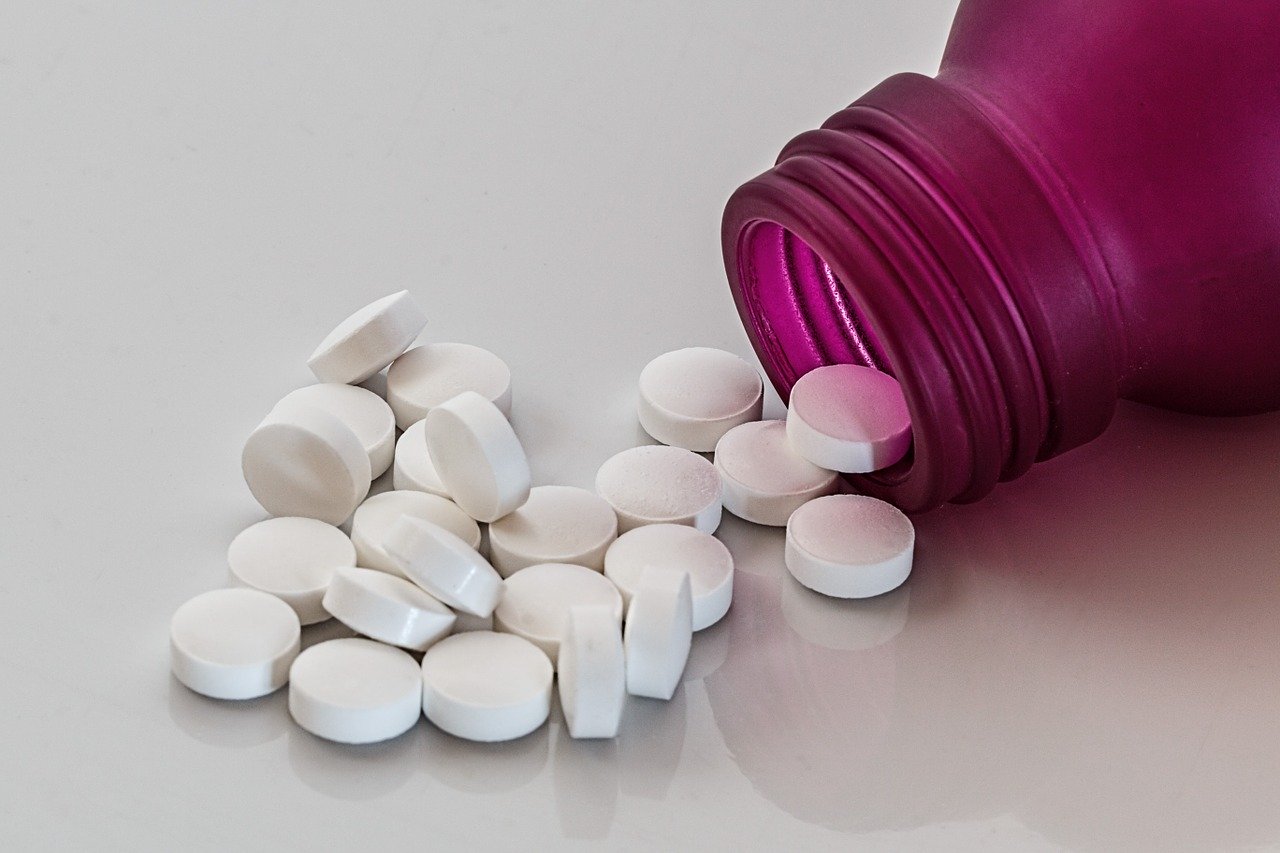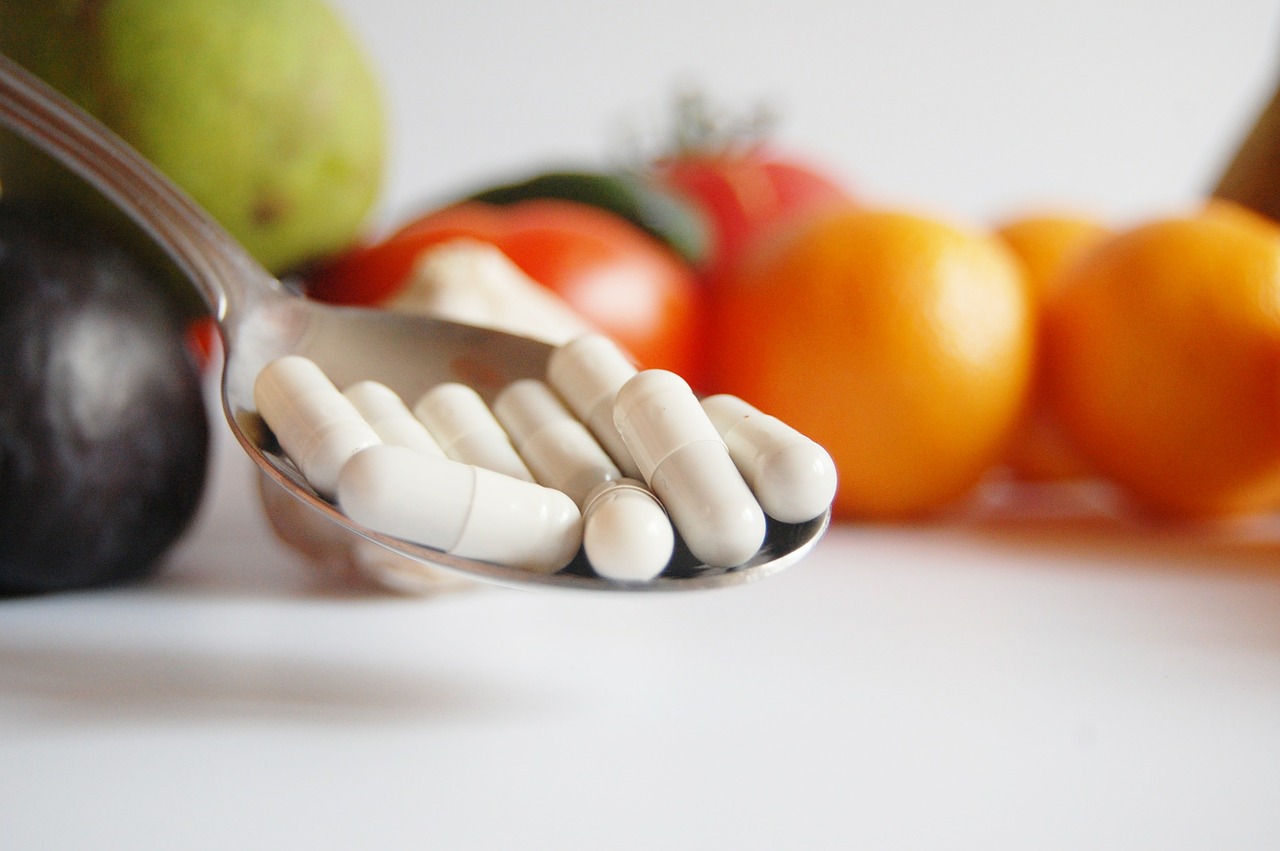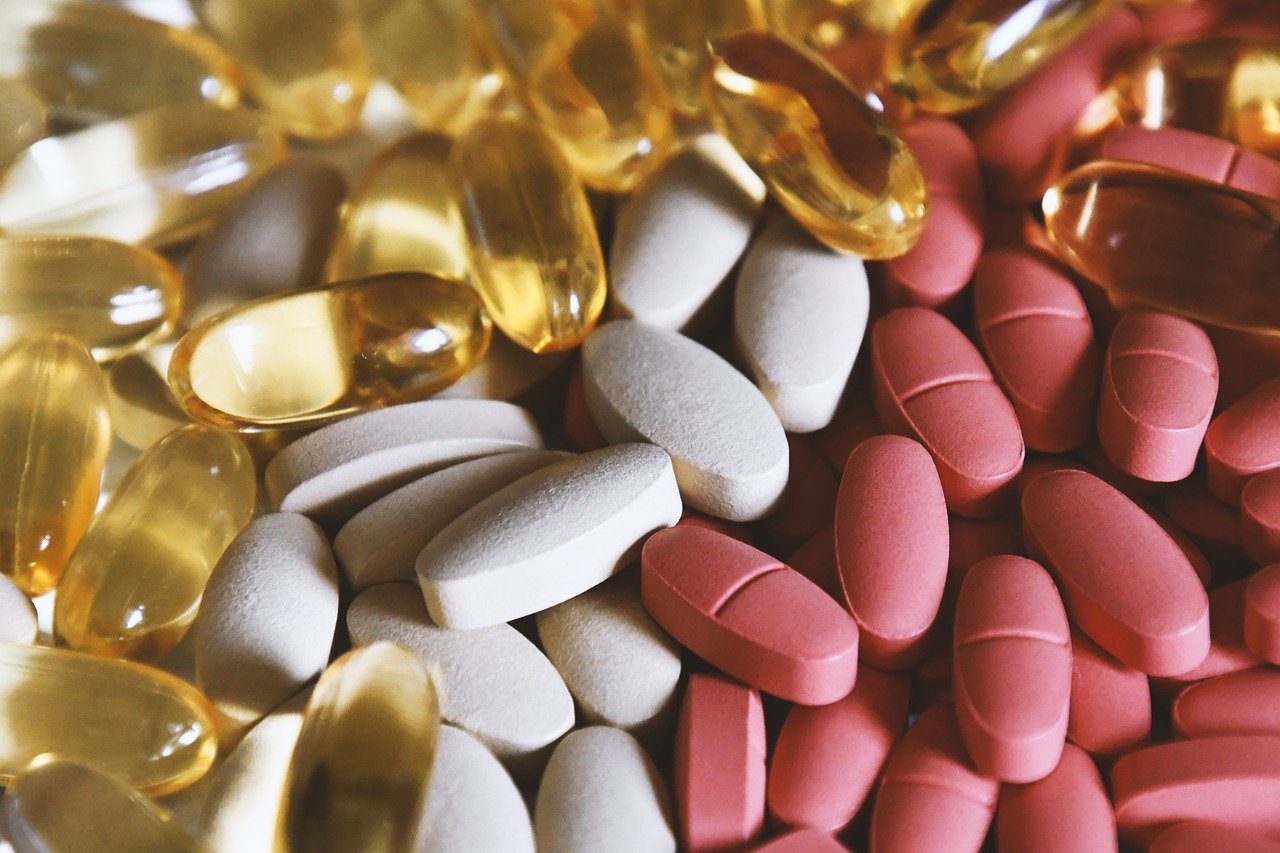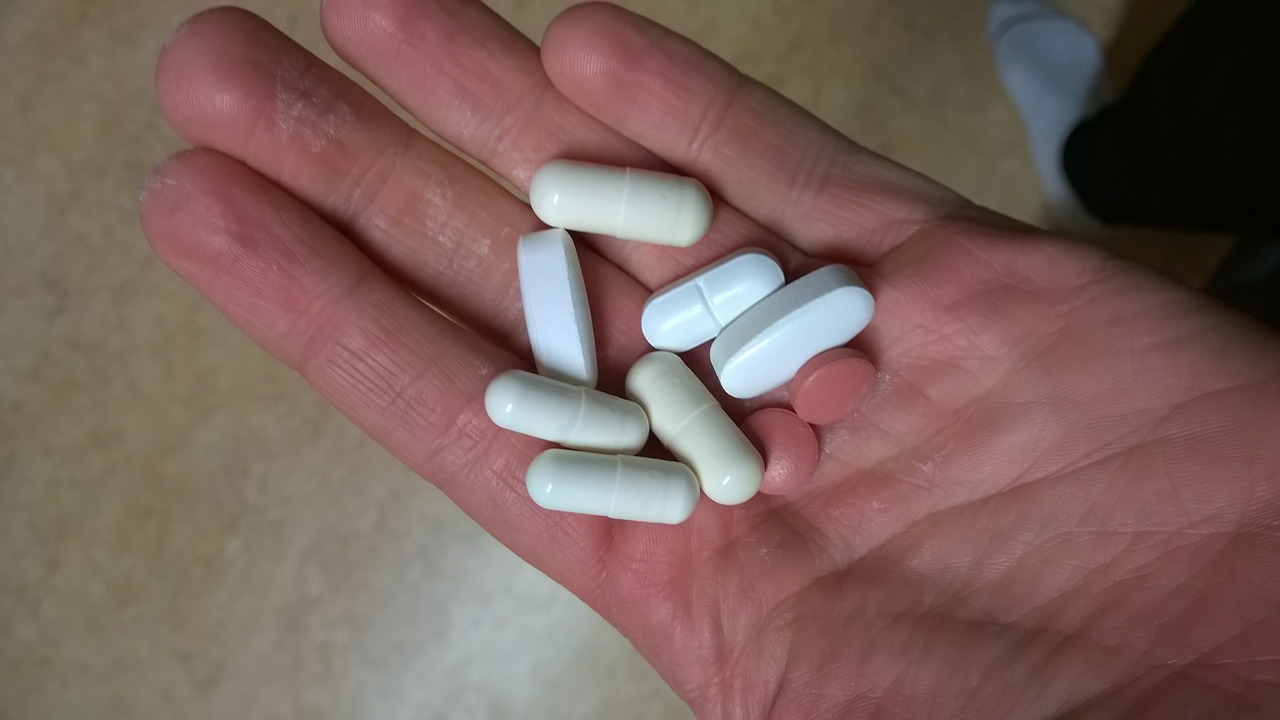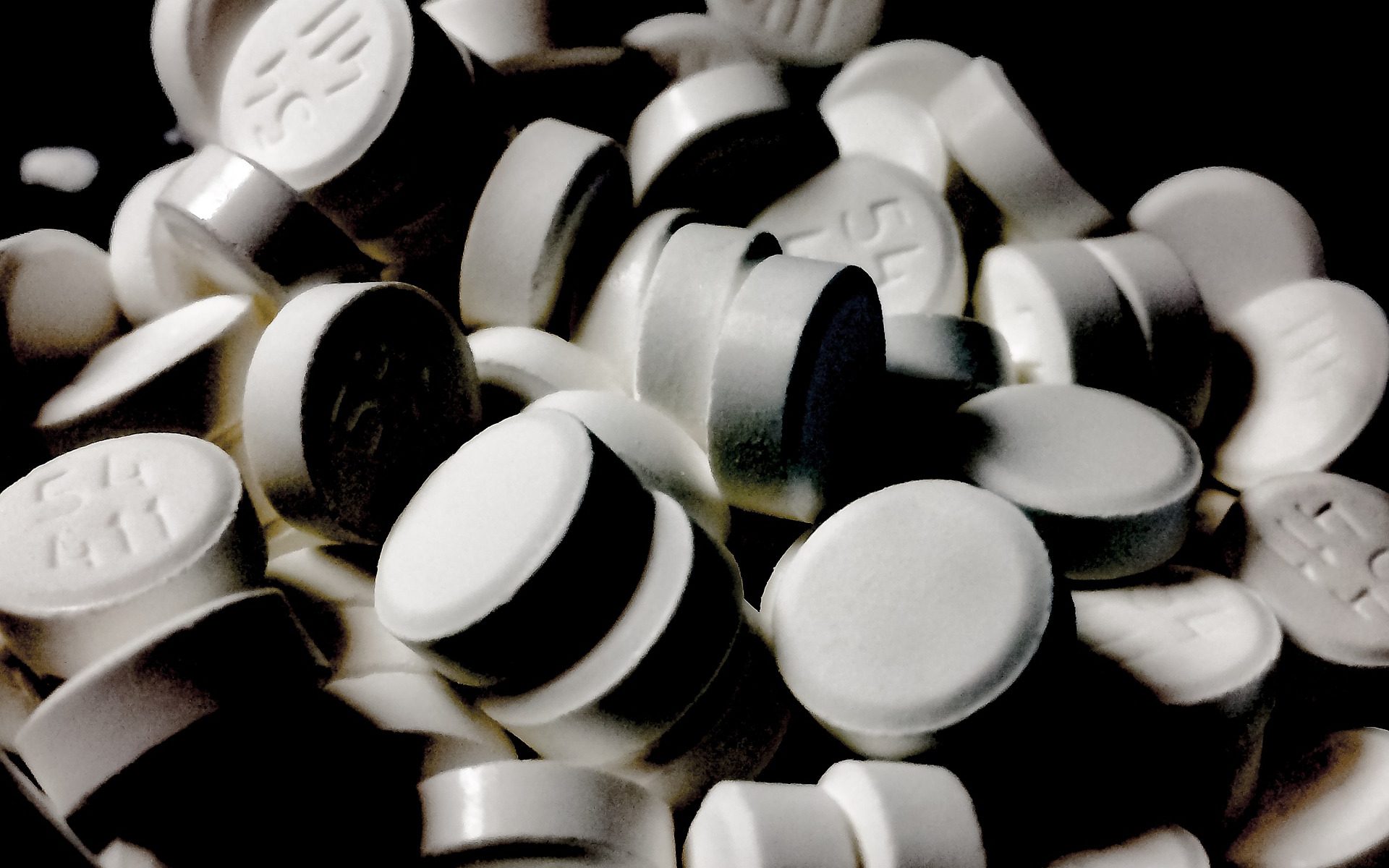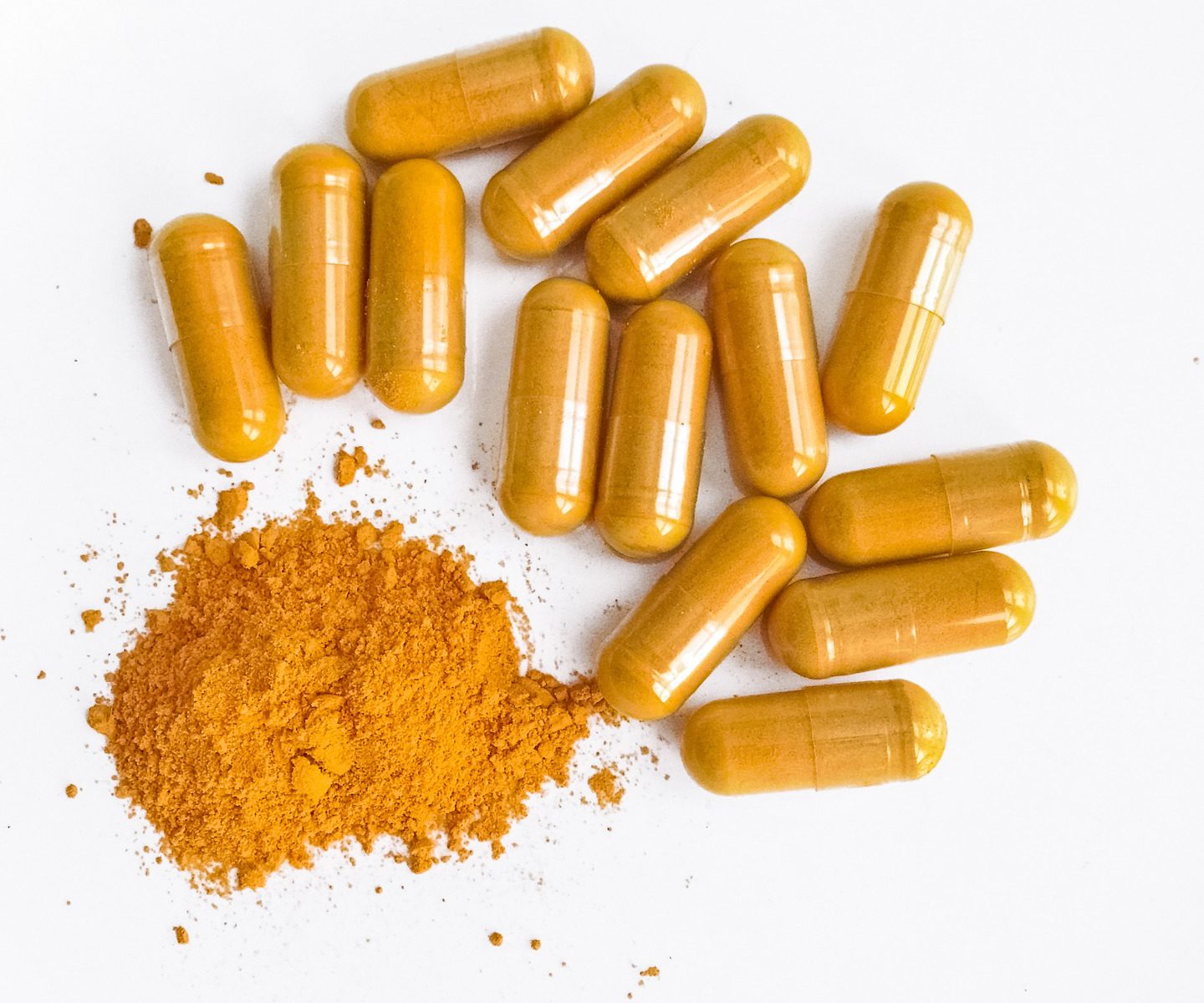In May 2019 researchers from New Zealand published the results of their study to assess the effectiveness of monthly vitamin D supplementation in reducing the incidence of a range of … Read more
Low vitamin D levels may increase the risk of fertility problems in individuals with polycystic ovary syndrome
In May 2019 researchers from Turkey published the results of their study to assess whether vitamin D levels may play a role in the fertility problems in women with polycystic … Read more
In individuals with Graves’ disease, high-dose vitamin D supplementation appears to significantly reduce systolic blood pressure levels measured in the office whereas the 24-hour measurements are unaffected
In July 2019 researchers from Denmark published the results of their study to assess the effect of vitamin D supplementation on pulse wave velocity and blood pressure in individuals with … Read more
Reduced salt intake, omega-3 long-chain polyunsaturated fatty acid use and folic acid supplementation may reduce the risk for some cardiovascular events in adults, whereas combined calcium plus vitamin D appears to increase the risk of stroke
In July 2019 researchers from the USA published their review of the medical scientific literature to assess the effects of nutritional supplements and dietary interventions on cardiovascular outcomes in adults. … Read more
Vitamin D supplementation does not appear to prevent major adverse cardiovascular events, or reduce the incidence of heart attacks, stroke, or dying prematurely from cardiovascular disease
In June 2019 researchers from the USA and Jordan published their review of the medical scientific literature to assess the association between vitamin D supplementation and reduced cardiovascular risk and … Read more
Based on current research, routine vitamin D supplementation is not recommended for children after the second year of life – even when they have levels below the normal range
In May 2019 researchers from Germany published a joint position paper on behalf of the Committee on Nutrition, German Society for Pediatric and Adolescent Medicine and the German Society for … Read more
Akkermansia muciniphila supplementation improves insulin sensitivity, reduces total cholesterol levels, slightly decreases body weight, fat mass and hip circumference as well as reducing markers for liver dysfunction and inflammation
In July 2019 researchers from Belgium, The Netherlands and Finland published the results of their study to assess the results of their study to assess the association of Akkermansia muciniphila … Read more
Nutrients in foods and/or supplements should be considered when following low carbohydrate diets
In April 2019 researchers from the UK published their review of the medical scientific literature to assess nutrient intake of low carbohydrate diets. A total of 10 studies were involved … Read more
Vitamin D supplementation may protect against cardiovascular disease by improving risk factors, including high blood pressure, elevated parathyroid hormone, dyslipidaemia, and inflammation
In July 2018 researchers from Canada published their review of the medical scientific literature to assess the effect of vitamin D supplementation on cardiovascular disease risk factors. A total of … Read more
Vitamin D supplementation has been seen to improve lower limb muscle strength in athletes but not upper limb muscle strength or muscle power
In April 2019 researchers from China published their review of the medical scientific literature to assess the effect of vitamin D supplementation on skeletal muscle strength and muscle power of … Read more
Individuals with iron deficiency anaemia frequently have low levels of zinc
In January 2019 researchers from Egypt published the results of their study to assess whether zinc deficiency is associated with iron deficiency anaemia. A total of 30 individuals with iron … Read more
Naturally occurring bisphenol F has been found in plants used in Chinese traditional medicine
In May 2019 researchers from Italy, Ireland and Switzerland published the results of their review of the medical scientific literature to assess whether certain edible plants contain natural sources of … Read more
Magnesium supplementation may increase the risk of rheumatoid arthritis and bipolar disorder whilst decreasing the risk of osteoporosis, and copper intake may increase the risk of both Alzheimer’s disease and bipolar disorder
In February 2019 researchers from China published the results of their analyses to assess the effect of various minerals (calcium, magnesium, iron, copper, and zinc) and risk of osteoporosis, gout, … Read more
Garlic supplementation appears to reduce some inflammatory biomarkers
In April 2019 researchers from Iran published their review of the medical scientific literature to assess the effect of garlic supplementation on inflammatory biomarkers in adults. A total of 16 … Read more
L-arginine supplementation appears to reduce waist circumference but has no significant effect on body weight and BMI
In April 2019 researchers from Iran published their review of the medical scientific literature to assess the effect of L-arginine supplementation on body weight, BMI and waist circumference. A total … Read more
Psyllium supplementation does not appear to significantly reduce body weight, BMI or waist circumference
In March 2019 researchers from Iran published their review of the medical scientific literature to assess the effect of psyllium supplementation on body weight, BMI and waist circumference. A total … Read more
Curcumin supplementation appears to reduce body weight and BMI, but has no significant effect on waist circumference
In October 2018 researchers from Iran published their review of the medical scientific literature to assess the effect of curcumin supplementation on body weight, BMI and waist circumference. A total … Read more
Phytosterols and phytostanol supplementation appears to reduce BMI but has no significant effect on body weight, waist circumference or body fat
In March 2019 researchers from Iran, Serbia and China published their review of the medical scientific literature to assess the effect of phytosterols and phytostanol supplementation on body weight, BMI, … Read more
Resveratrol supplementation appears to reduce body weight, BMI and waist circumference but has no significant effect on body fat
In March 2019 researchers from Iran and Australia published their review of the medical scientific literature to assess the effect of resveratrol supplementation on body weight, BMI, waist circumference and … Read more
Cinnamon supplementation appears to significantly decrease body weight, BMI, waist circumference and body fat
In February 2019 researchers from Iran published their review of the medical scientific literature to assess the effect of cinnamon supplementation on obesity. A total of 12 studies involving 786 … Read more

